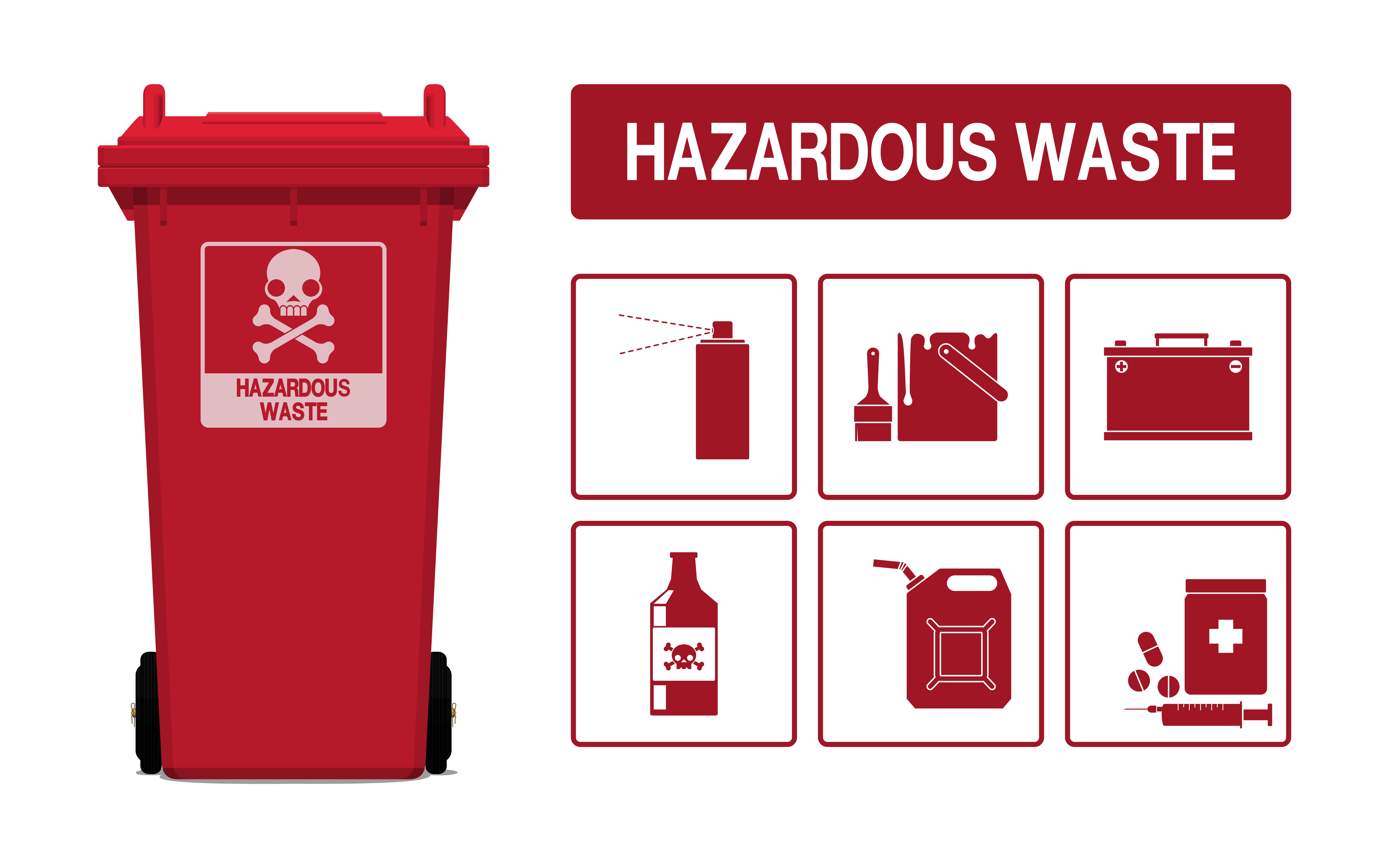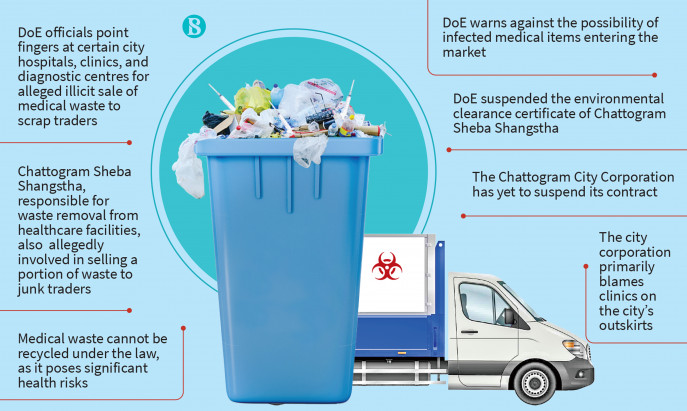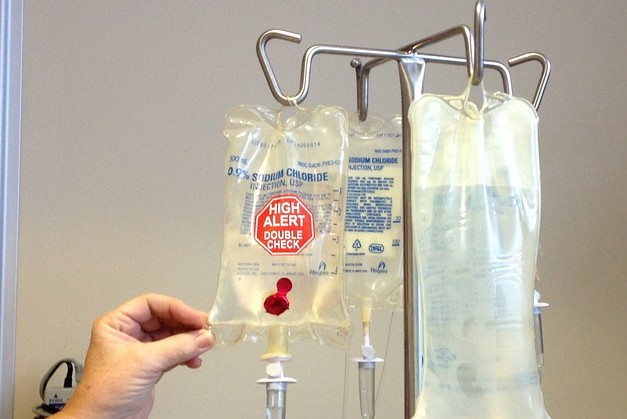Your Trusted Partner: Medical Waste Removal Services Tailored to Your Demands
Keep Ahead of Laws: Professional Suggestions on Medical Waste Disposal
In a world where the health care market is constantly evolving, it is imperative for clinical centers to remain in advance of policies when it comes to the proper disposal of clinical waste. From recognizing the various classifications of clinical waste to carrying out the appropriate collection and partition techniques, this conversation will certainly offer useful understandings and workable tips to aid centers remain in advance of policies in the ever-changing landscape of clinical waste disposal.
Recognizing Clinical Waste Categories
Comprehending medical waste categories is necessary for appropriate disposal and management in health care facilities. Clinical waste refers to any waste produced by healthcare tasks that might position a hazard to public health and wellness or the setting. It is critical to categorize clinical waste precisely to guarantee its risk-free handling, disposal, transportation, and therapy.
There are several classifications of medical waste that medical care centers need to be aware of. The most common groups include contagious waste, pathological waste, sharps waste, pharmaceutical waste, and chemical waste. Each classification has particular standards and regulations for its appropriate management and disposal.
Pathological waste refers to human cells, body organs, or body parts that need unique handling and disposal. Drug waste comprises run out, unused, or polluted medications that require careful handling and disposal.
Remaining Up-To-Date With Regulatory Adjustments
Staying present with regulatory adjustments is crucial for healthcare facilities to ensure compliance and proper monitoring of clinical garbage disposal. medical waste removal near me. With laws continuously developing, it is crucial for healthcare centers to stay updated to stay clear of penalties, penalties, and potential harm to the environment and public health and wellness
To remain in advance of regulative changes, healthcare centers must establish a system for monitoring and tracking updates. This can be done by signing up for governing e-newsletters, participating in workshops and meetings, and proactively taking part in market organizations. Furthermore, facilities must assign a team member or team responsible for remaining notified and disseminating information to appropriate stakeholders.
Routine communication with governing companies is also important. Medical care facilities should establish connections with local, state, and government companies to ensure they understand any kind of modifications in policies that might influence their waste monitoring techniques. This can be done via routine meetings, engagement in public remark periods, and proactive interaction with regulative firms.
Moreover, health care facilities must consider partnering with waste administration companies that specialize in medical waste disposal (medical waste disposal services with WasteX). These companies are frequently fluent in the newest regulations and can supply support and support to make certain conformity
Executing Appropriate Collection and Partition Approaches
To successfully take care of clinical garbage disposal, medical care facilities need to develop proper collection and segregation techniques based on regulatory standards. Implementing these techniques ensures the risk-free handling and disposal of potentially dangerous materials, safeguards the environment, and minimizes the threat of infections and injuries to healthcare employees and the basic public.
Proper collection and segregation methods involve the use of assigned containers and classifying systems. Health care centers ought to supply plainly labeled containers for various sorts of medical waste, such as sharps, transmittable waste, pharmaceutical waste, and non-hazardous waste. These containers need to be color-coded and clearly significant to prevent confusion and advertise very easy recognition.
Furthermore, health care centers need to train their staff on the correct treatments for collecting and segregating medical waste. This includes educating them on the different kinds of waste, the ideal containers to use, and the importance of complying with policies and standards. Normal training sessions and refresher training courses ought to be performed to guarantee that team member continue to be updated on ideal practices.
In addition, healthcare facilities must develop a system for regular collection and disposal of medical waste. This may involve partnering with accredited waste administration business that focus on clinical garbage disposal. Website These business will certainly ensure that the gathered waste is delivered and gotten rid of in compliance with regulative needs.
Picking the Right Disposal Techniques

Incineration is among one of the most common and efficient approaches for dealing with particular sorts of medical waste, such as pathological waste and sharps. It involves the regulated combustion of waste at heats, lowering it to ash. Nevertheless, incineration can launch damaging pollutants into the air and add to air contamination.

Chemical therapy includes the usage of chemicals to sanitize and reduce the effects of the waste. Microwave treatment utilizes microwave energy to heat and disinfect the waste.
Ensuring Compliance Through Documents and Training
After carefully taking into consideration the proper disposal methods for medical waste, health care facilities have to make certain compliance with laws and lessen ecological impact by applying reliable documentation and training treatments. This action is vital in maintaining a sustainable and risk-free setting for both medical care employees and the public.

Health care employees that deal with medical waste must receive ideal training on waste segregation, taking care of, and disposal procedures. By giving comprehensive training, medical care centers can empower their personnel to make educated choices and decrease the danger of inappropriate waste disposal.
Final Thought
To conclude, staying in advance of laws in medical waste disposal is critical for health care centers. medical waste removal services. Comprehending the various groups of clinical waste, staying upgraded with regulatory adjustments, executing proper collection and segregation techniques, selecting the proper disposal methods, and making certain conformity with paperwork and training are all essential steps. By adhering to these guidelines, medical care companies can properly dispose and handle of medical waste in a liable and risk-free way
From understanding the different classifications of medical waste to applying the best collection and segregation techniques, this conversation will certainly provide Look At This important understandings and workable pointers to aid facilities remain in advance of policies in the ever-changing landscape of clinical waste disposal. - medical waste disposal services with WasteX
The most typical classifications include infectious waste, pathological waste, sharps waste, pharmaceutical waste, and chemical waste. Health care centers need to give plainly identified containers for different types of clinical waste, such as sharps, contagious waste, pharmaceutical waste, and non-hazardous waste. Health care centers should establish a thorough system to tape-record and track all facets of medical waste disposal, including kinds of waste produced, amounts, and disposal approaches used. Health care workers who deal with medical waste should receive ideal training on waste segregation, handling, and disposal treatments.